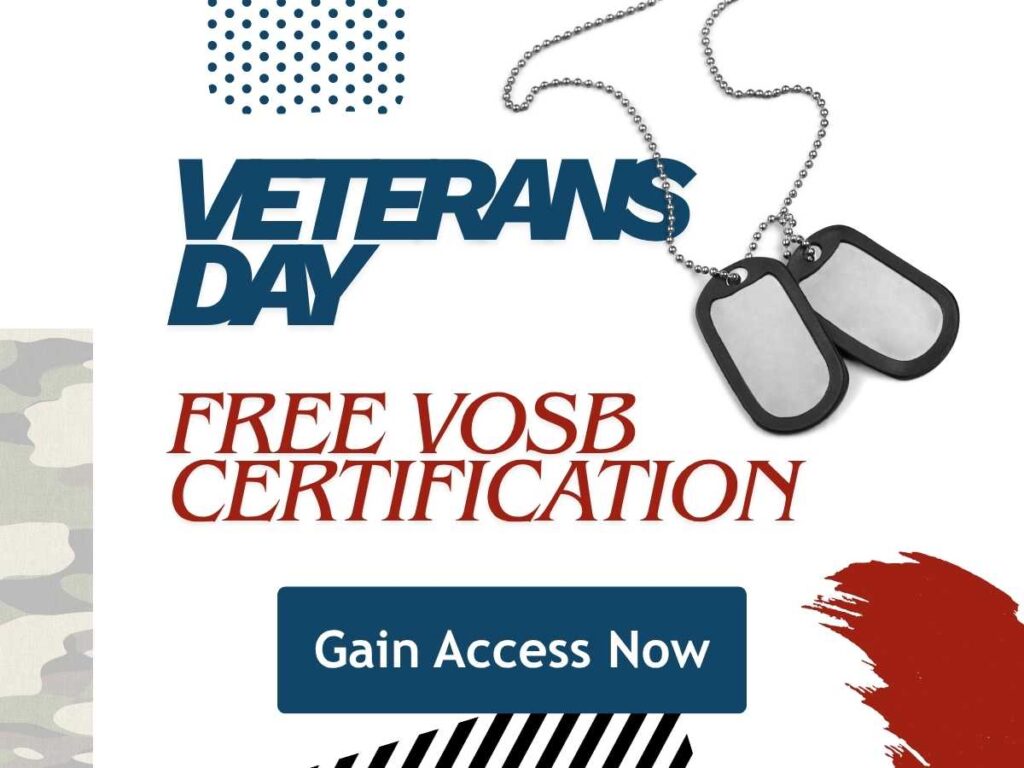The Impact of the Trump F-35 Deal with Saudi Arabia: What It Means for Small Businesses in Government Contracting
In a significant move that continues to shape the landscape of international defense and industry positioning, the Trump administration approved a deal to sell F-35 fighter jets to Saudi Arabia. This deal, estimated to be worth billions, possibly ~1 trillion in overall U.S. investments as Prince Mohammed bin Salman Al Saud stated in full interview. This as far-reaching implications not only on global military dynamics but also for small businesses that aspire to engage with government contracts. The current industrial supply chain is ripe with new opportunities and are fielding new sub-contractors to fill the void in our domestic labor market.
Understanding the F-35 Deal
The sale of F-35s to Saudi Arabia is more than just a military transaction; it represents a strategic partnership that can influence U.S. defense policy and economic relationships with allies in the Middle East. The F-35 program, known for its cutting-edge technology and capabilities, is crucial for maintaining air superiority and influencing regional stability. However, for small and medium-sized businesses (SMBs), the question arises: how does this military deal translate into opportunities?
The United States has a robust defense industry, which is significantly supported by small businesses. According to the government report, small businesses comprise nearly +25% of contractors in the defense sector. This highlights the importance of understanding and participating in the government procurement process.
Opportunities for SMBs in the Defense Sector
With the Trump F-35 deal paving the way for increased military transactions, SMBs like yours have a chance to provide essential services and products related to defense. Whether you’re involved in providing technical support, training services, or even developing aerospace components, there is a pathway for you to engage with the federal government.
As an SMB, you may find interest in the distinctions such as 8(a) certified, Women-Owned Small Business (WOSB), Veteran-Owned Small Business (VOSB), or HUBZone certifications. These classifications can provide distinct advantages in winning government contracts. For example, being an 8(a) candidate offers a path for small businesses to gain access to federal contracting opportunities that can significantly bolster your growth.
If you’re new to the government contracting world, our website offers resources specifically tailored to help you navigate these complexities.
Navigating the Challenges of Government Contracting
Entering government contracting can feel daunting, especially if there’s a lack of familiarity with procurement processes and regulations. That’s where we come in. Select GCR helps businesses like yours work through the maze of requirements by offering guidance on the contracting process, eligibility, and compliance which are all crucial for securing contracts related to military programs and beyond.
One of the essential aspects of government contracts is the proposal process. This requires you to present a clear value proposition aligned with the needs of the government at large. Remember, a well-prepared proposal could be your ticket to landing valuable contracts, especially in light of increasing military expenditures influenced by deals such as the F-35 sale.
Manufacturing F-35 Parts include:
- Fort Worth, Texas: This is the primary location for final assembly and checkout of the F-35 fighter jet, taking place at Air Force Plant 4.
- Palmdale, California: Northrop Grumman produces the F-35’s center fuselage at its facility in this city.
- Mansfield, Texas: Gamma Aerospace is a subcontractor that manufactures certain parts.
- Orlando, Florida plays a significant role for F-35 and is a key site for various support activities, including logistics information systems and maintenance
- The F-35 program involves thousands of subcontractors across the United States. For example Maryland, and New Hampshire have subcontractors located there for parts in the supply chain.
- Pratt & Whitney produces the F135 engine for the F-35 at several facilities, including Middletown, CT, which is the primary manufacturing site and West Palm Beach, FL

Insights from the F-35 Deal
While the focus is mainly on defense contracts, the ripple effect reaches commercial businesses and service providers that are not directly involved in defense spending. For instance, increased military spending typically translates into a heightened demand for various goods and services, which in turn creates a more extensive network of subcontracting opportunities.
Here are few ways the F-35 deal can indirectly benefit your small business:
1. Expanded Supply Chain Opportunities: As prime contractors gear up for increased demands, they often seek subcontractors to fulfill their obligations. This could present new opportunities for your business to supply materials, components, or services.
2. Increased Collaboration: Entering partnerships with other SMBs or larger corporations that are engaged in the defense sector can provide you access to broader contracts and shared resources, enhancing your competitive edge.
3. Potential for Innovation: Small businesses often drive innovation. If your business can develop unique solutions or technologies that meet government specifications, you may find your niche in this expanding market.
If you’re considering pursuing government contracts, explore avenues like our Government Contracting which provides foundational knowledge crucial for any small business looking to enter this market.

Conclusion
The approval of the F-35 deal between the U.S. and Saudi Arabia isn’t merely a diplomatic or tactical maneuver; it’s a catalyst for growth and opportunities for SMBs positioned to take advantage of federal contracting. Through understanding the implications of such deals, leveraging certifications, and utilizing the proper resources, your business can navigate the complexities of government contracting.
By focusing on aligning your services with government needs and building partnerships in the defense supply chain, you’re positioning your business for sustainable growth.
For those ready to start their journey, remember that navigating government contracts is a process that requires patience, persistence, and the right support mechanisms. Let Select GCR help you tap into the most substantial opportunities in government contracting today.
Sources:
1. The Hill
2. Government Accountability Office (GAO).
Engaging in governmental programs and understanding how deals like the Trump F-35 deal can affect your business is crucial. For further assistance and information on your specific needs, please visit: Select GCR for more resources.
Most Recent Government Contracting News:
-
Saudi F-35 fighter jet purchase creates new business for U.S. subcontractors
In a significant move that continues to shape the landscape of international defense and industry positioning, the Trump administration approved a deal to sell F-35 fighter jets to Saudi Arabia. This deal, estimated to be worth billions…


